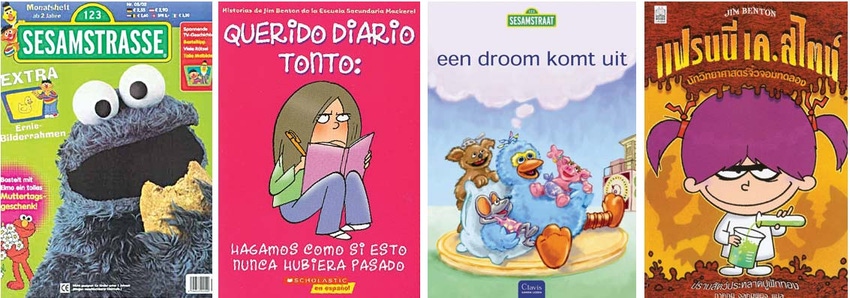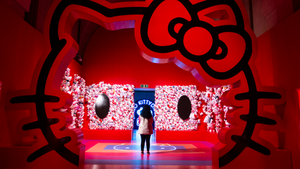Transmedia is the new buzzword. It's used to describe how entertainment companies will develop new brands and entrance, educate and engulf a global audience. If you Google "transmedia" you see that it is moving fr
April 6, 2018

Transmedia is the new buzzword. It's used to describe how entertainment companies will develop new brands and entrance, educate and engulf a global audience. If you Google "transmedia" you see that it is moving from its principally intellectual context (discussed, for example, in Henry Jenkins' 2006 book "Convergence Culture") into the mainstream. Transmedia storyteller and principal exponent Jeff Gomez has described it as "the art of conveying messages, themes or storylines to mass audiences through the artful and well-planned use of multiple media platforms." Gomez's vision for the future is of entertainment concepts that touch consumers via distinct media at the same time, immersing the consumer so deeply in a particular world that (as he put it during an interview at E3) "you will want another hit of that thrilling, dreamlike experience." 
In other words, today we are used to watching entertainment brands cross from one platform to another by re-working content from a film for mobile, online and gaming. In Gomez's future, content will flow seamlessly across media platforms so that a consumer can engage with the property via touch points that are complementary, but completely distinct. Gomez's metaphor is the symphony orchestra, where many instruments play different music, but contribute to an overwhelming whole. Gomez describes creative visionaries composing symphonies of narrative which, he says, will be unlike anything ever seen in entertainment before.
Avatar, with its richly complex video game, is heralded as an early example. Films such as Head Trauma, which employed spoof texts, online games and surreal elements such as randomly ringing telephones adjacent to cinemas to heighten the senses, are cited as ways to explain what Gomez is getting at. But Gomez, whose L.A.-based company, Starlight Runner, consults on kids' projects such as Mattel's Hot Wheels and Hasbro's Transformers, thinks there is far more to come and the true creators of this next generation of IP may not yet be out of college. He predicts that brands will want to be involved because people will spend money to take themselves into these immersive worlds.
So what does transmedia, as a philosophy for creating intellectual property, mean for licensing? Haven't licensing and promotions been providing additional ways for the consumer to enjoy their entertainment properties for ages? Is transmedia news for the licensing industry? Possibly.
Patricia de Wilde, director of licensing for Paris-based Marathon Media, attended a presentation by Gomez at the Dutch content market Cinekids, and she sees it, potentially, as a positive force for our industry. She told me afterward, "Transmedia, as Gomez describes it, puts storytelling back to the center stage and enriches the creative elements of an intellectual property. This return to writing, to the mythology, means that licensing can be richer in quality, more attentive in detail and more relevant. It could move brand extension beyond its mercantile state and give it added importance."
Thinking across media platforms is nothing new for entertainment, but Gomez describes a significant shift in the way new properties will evolve with enriched creative content appearing in surprising ways to delight the audience. Transmedia may or may not turn out to be revolutionary, but pitching the story, the creative backbone of the property back into the middle of the brand vision sounds like a sensible way to approach the development of new IP.
You May Also Like






